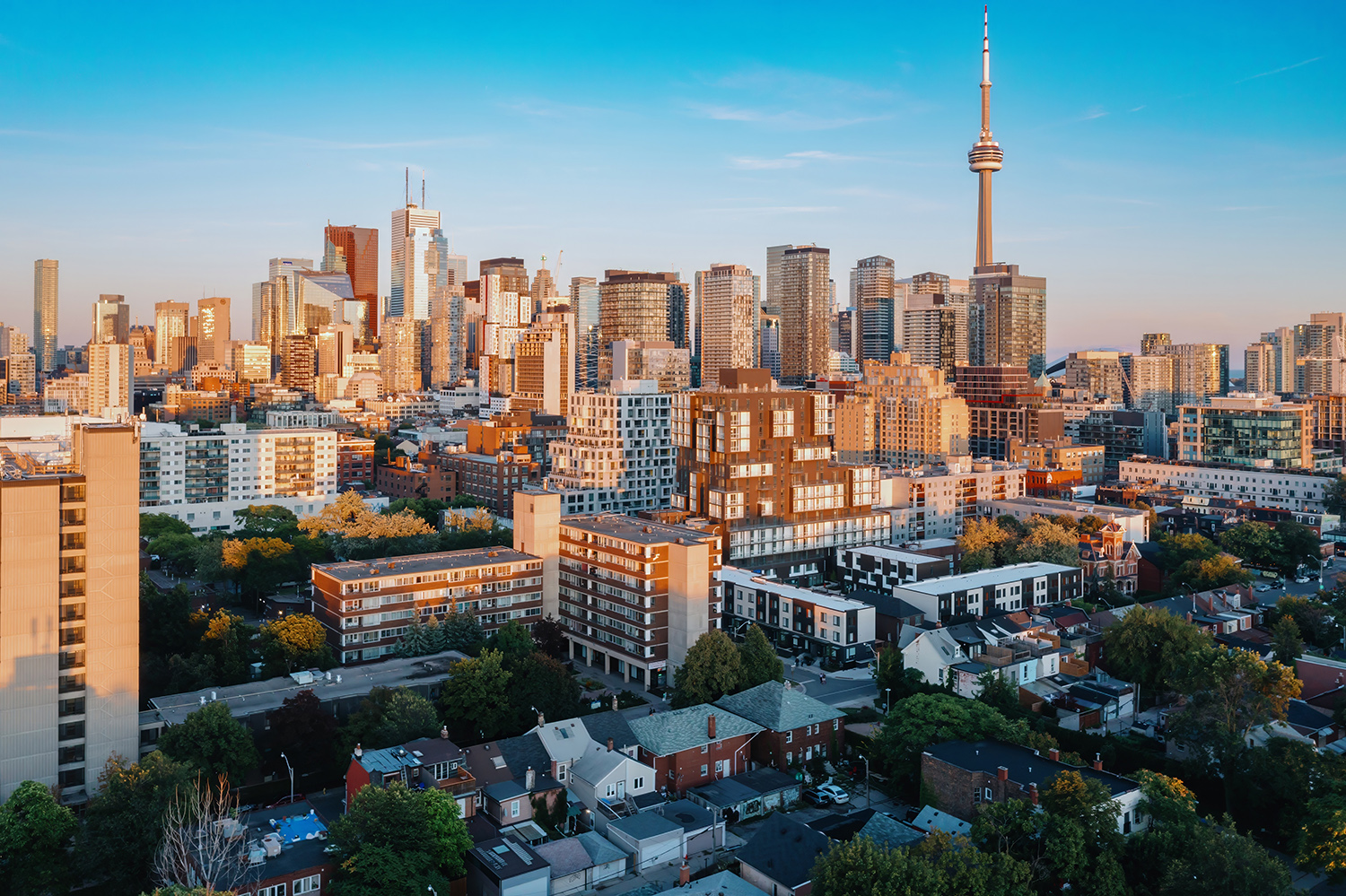
Federal Housing Help On The Horizon?
As we lead up to Canada’s federal election, all housing has a place of Importance when it comes to critical issues. Our housing industry is a key player in our economy, supporting wealth creation, economic growth, job opportunities, productivity, plus investment in real estate and related industries. In fact, the three largest Canadian industries contributing to our GDP are real estate (including rental and leasing), mining and manufacturing (including the auto industry). Right now, our housing industry is experiencing major issues, and all Canadians are impacted. Consumer confidence plays a major role in our economy, and all three levels of government must work together to come up with a plan that involves more than just subsidized housing.
Even though we have seen some cuts in immigration numbers, according to the Government of Canada, immigration targets for this year include 395,000 new permanent residents, then 380,000 in 2026 and 365,000 in 2027. In Canada, we have been building an average of 227,000 homes per year over the past 10 years. To build the 4 million homes we need in the next few years, we must double this rate.
Historically, we know that when government intervenes with creative, well-thought-out solutions, the housing industry can recoup quickly – much more quickly than manufacturing. Think back to 1981, when mortgage interest rates zoomed up to 20+ per cent. The federal government came up with a program to offer a $5,000 grant to anyone purchasing a home for under $150,000. The provincial government then piggy-backed that action with an interest-free loan for those who purchased a home for under $115,000. In turn, builders responded by finding creative ways to design and build homes more economically. Things improved right away. And after the 2008 recession, the Bank of Canada lowered interest rates, and home prices rose again.
Under Trudeau’s government, Canada’s Housing Plan of 2024 involves building more homes, making it easier to rent or own a home, and helping Canadians who cannot afford a home. To say this goal involves complex strategies is an understatement. To address housing shortages and affordability challenges, numerous actions are being proposed across the major political parties in preparation for the election. Both the Liberals and Conservatives mention eliminating the GST for first-time homebuyers for homes under $1 million (Liberal) and under $1.3 million (Conservatives) (https://bit.ly/4j9FZ65; https://markcarney.ca/housing). All the parties are also proposing other solutions, from allowing fourplexes to be built on residential land and single-family homes to be divided into condos. But are these measures enough?
Remember that homeownership has long been, and continues to be, the dream of most Canadians. As consumer confidence increases, so will housing sales. But this will happen only when a comprehensive approach is put into practice by all three levels of government. In addition, housing industry professionals should be brought into the discussion. They have a lot of knowledge, experience and wisdom to bring to the table.
In the meantime, new home buyers – especially those entering the market for the first time – can access both government and private sector programs to help them afford their dream of homeownership. For example, Ourboro Inc. (https://ourboro.com/) is a company that co-invests up to $250,000 to help buyers reach a 20 per cent deposit.
We know that Canadians want to buy homes. Our homebuilding industry is far too important to our Canadian economy and general sense of wellbeing to let it suffer. Housing must be a TOP priority for any government coming in after the election, and action is needed immediately.
Subscribe today
Enter your email address to follow this
blog and receive notifications of new
posts by email.